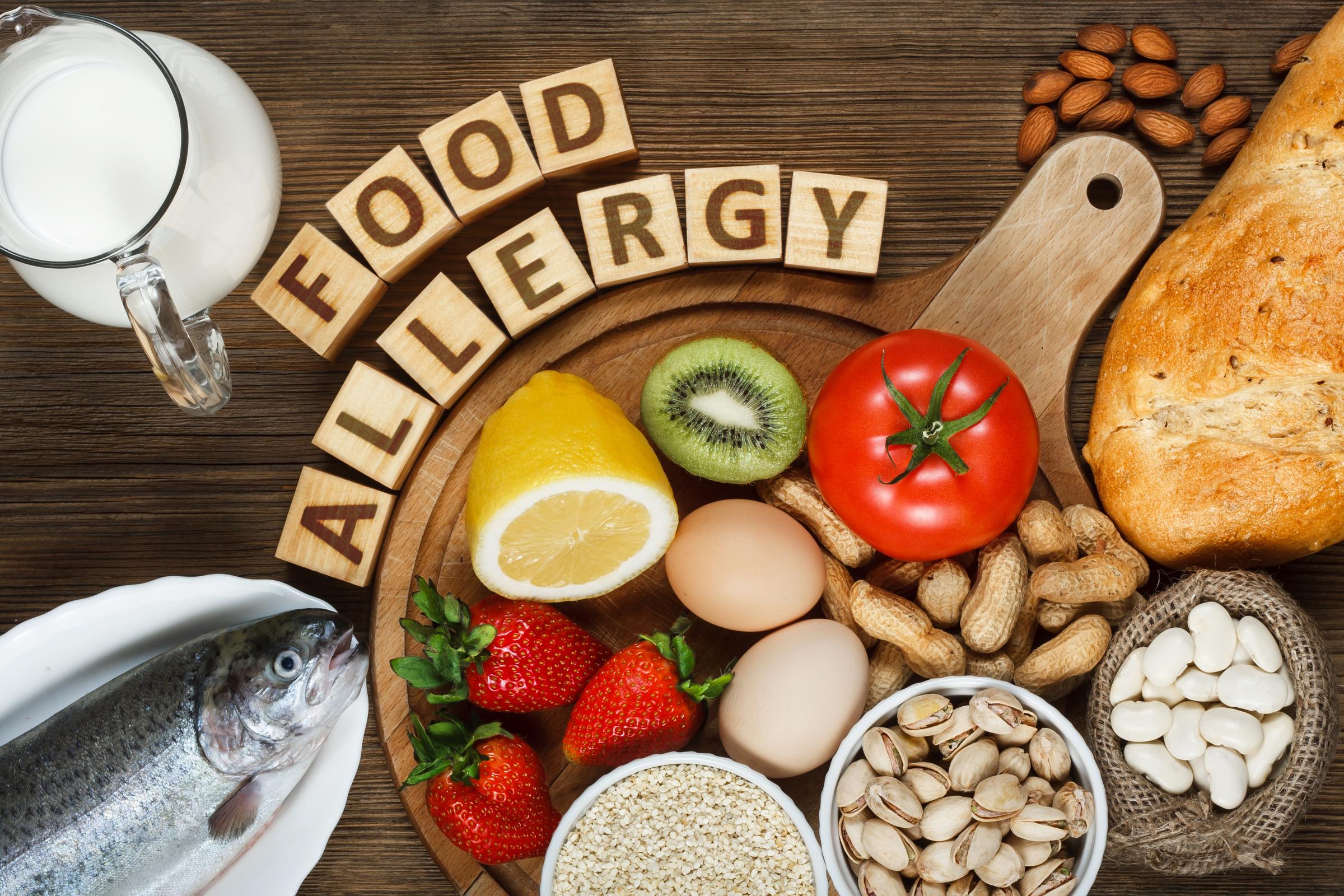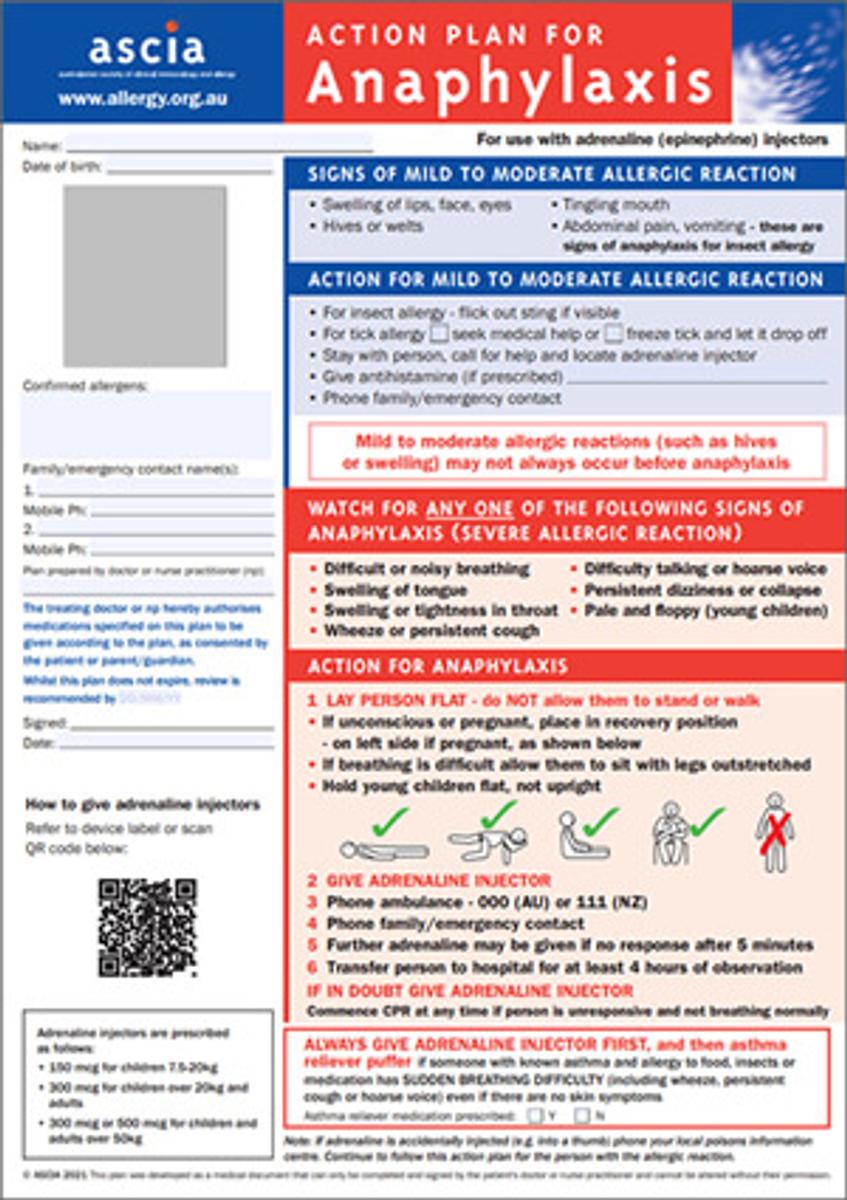First Aid News
Keeping our students safe at school

First Aid News
Keeping our students safe at school
Dear CJC Community.


Please remember that all Action Plans for Anaphylaxis, Asthma and Allergy must be reviewed by a Medical Practitioner every 12 months. If your child’s Action Plan or Medication requires update or replacement, please organise and forward to the school.
A number of students at the school are at risk of anaphylaxis.
Anaphylaxis is a potentially life threatening, severe allergic reaction and should always be treated as a medical emergency. Anaphylaxis occurs after exposure to an allergen (usually to foods, insects or medicines), to which a person is allergic. Not all people with allergies are at risk of anaphylaxis.
Risk minimisation
Peanuts and other nuts are the most common trigger for an anaphylactic reaction or fatality due to food-induced anaphylaxis. To minimise the risk of a student’s exposure and reaction to peanuts and other nuts, schools should not use peanuts, tree nuts, peanut butter or other peanut or tree nut products during in-school and out-of-school activities.
We have students at risk of anaphylaxis from exposure to peanuts and other nuts across all year levels. In order to minimise the risk, we kindly request that you do not send any nuts or nut products with your child to school.
Furthermore, if one of your child’s classmate is Anaphylactic to another allergen, please do not send that food item to school.
At CJC, All currently known Food Allergens (Anaphylaxis) are as follows:
To find out more about anaphylaxis, please visit the ASCIA website :
Please remind your child of the importance of not sharing food and washing their hands before and after eating.
Birthday treats (or any other treats shared with the class)
Regards,
Trudy Warman
First Aid Officer